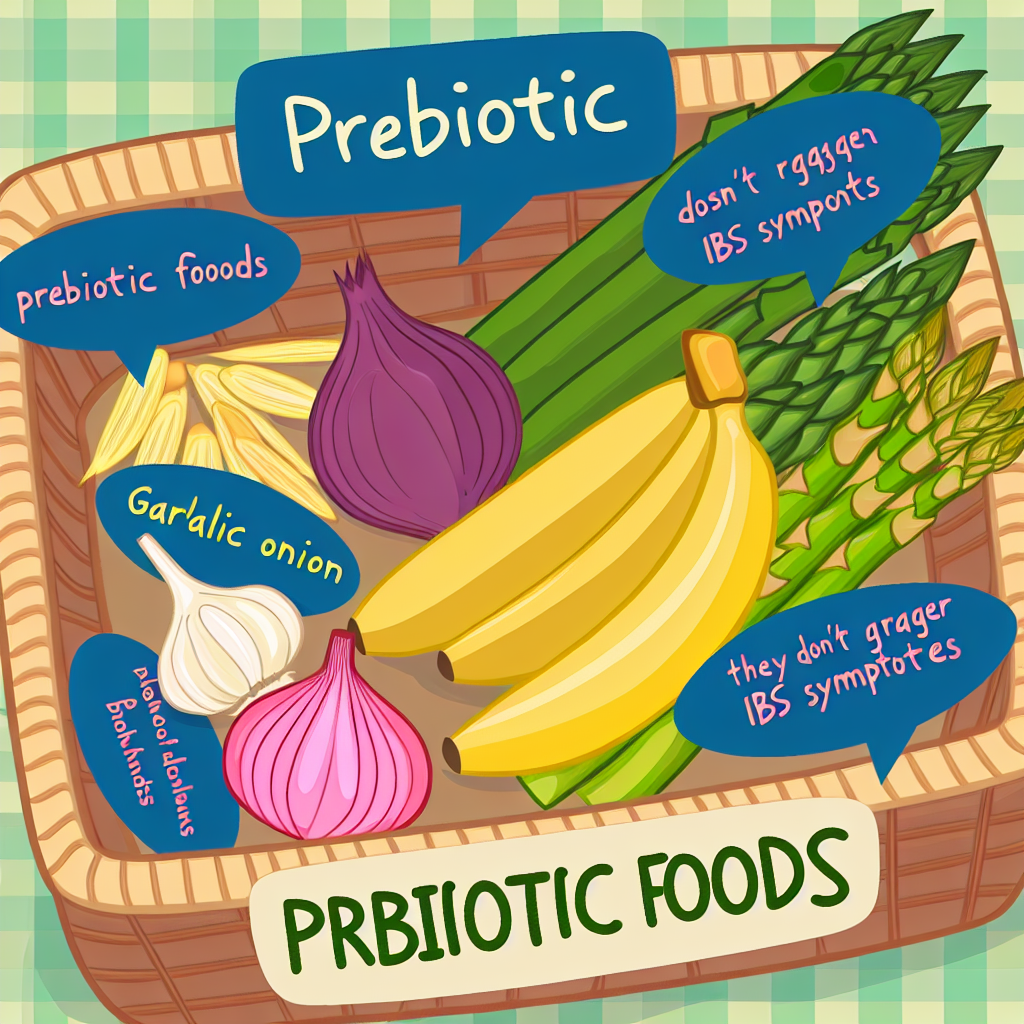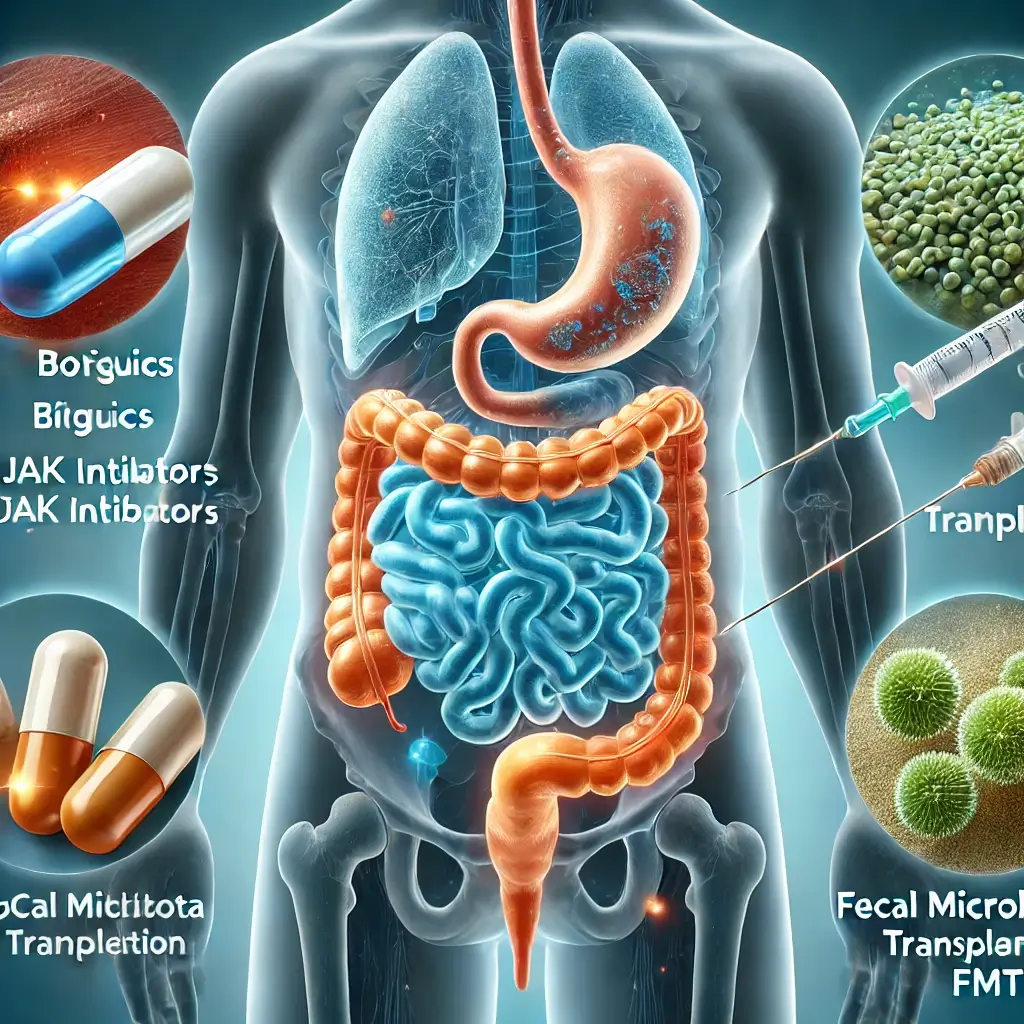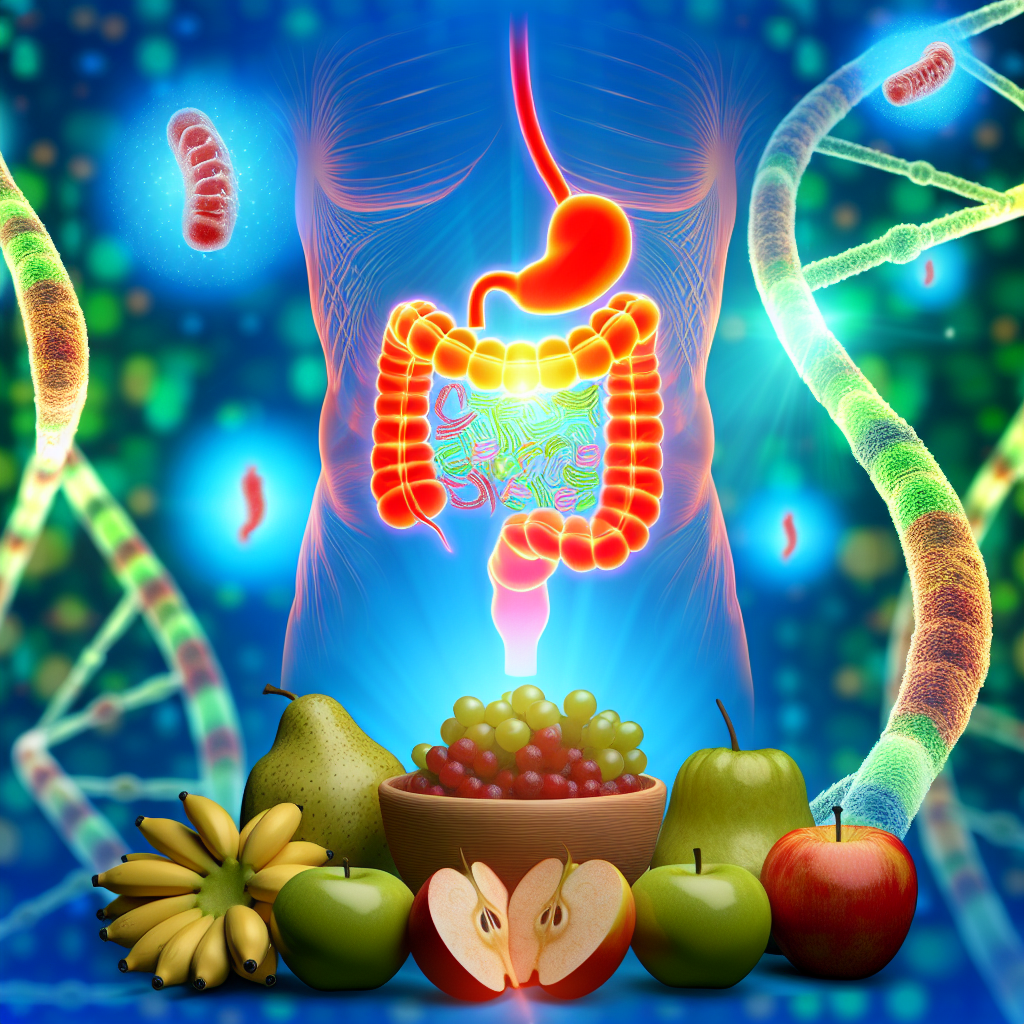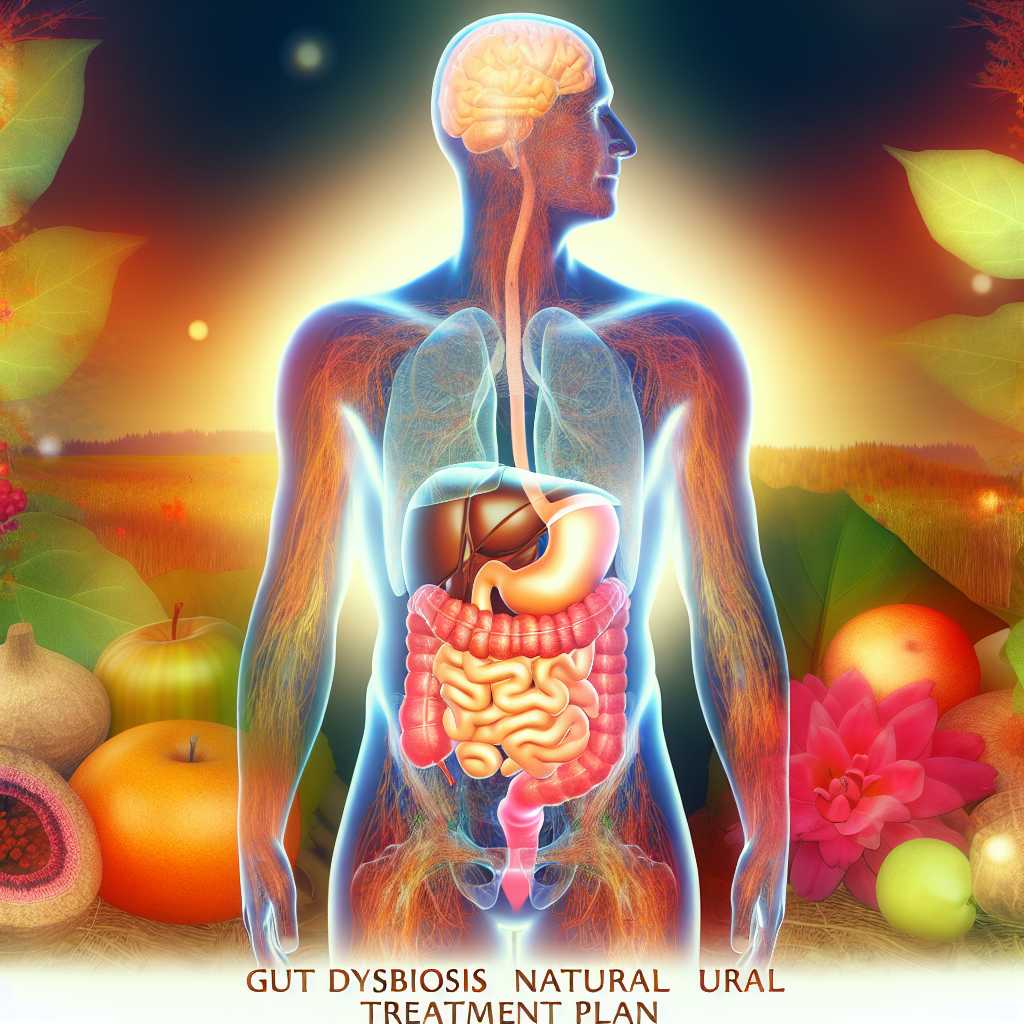Prebiotic Foods That Won’t Trigger IBS Symptoms
Living with Irritable Bowel Syndrome (IBS) can be a constant balancing act. One of the greatest challenges for many IBS sufferers is finding the right nutrition plan that promotes gut health without triggering uncomfortable symptoms like bloating, cramping, gas, and irregular bowel habits. While probiotics—those live, beneficial bacteria that inhabit the gut—often steal the spotlight in digestive health discussions, prebiotics are proving to be just as vital. Essentially, prebiotics are non-digestible fibers that serve as food for these probiotics, allowing them to thrive and maintain a healthy balance in the gut microbiome.
However, not all prebiotics are safe for people with IBS. Many traditional prebiotic-rich foods—like onions, garlic, and wheat—are also high in FODMAPs (fermentable oligosaccharides, disaccharides, monosaccharides and polyols), short-chain carbohydrates known to exacerbate IBS symptoms. This frequently places individuals in a difficult position: how can they nourish their beneficial gut bacteria without worsening their condition?
Fortunately, emerging research combined with practical experience is showing that not all hope is lost. There are low-FODMAP, gut-friendly prebiotic foods that support digestive wellness without inducing flare-ups. These foods often go under the radar but can provide the foundation for a more comfortable and healthier digestive system.
In this article, we will examine a range of IBS-safe prebiotic foods that nourish your gut microbiome, while also addressing empirical evidence from scientific studies on how these alternatives work. Our goal at gutnow.com is to deliver medically accurate, yet accessible content, so that you can make informed decisions about your digestive health. Whether you’re newly diagnosed with IBS or have struggled with gut issues for years, incorporating prebiotic foods that agree with your digestive system may be the relief and support you’ve been searching for.
IBS-Friendly Prebiotics: What You Can Eat Without Worry
1. Green Bananas and Plantains (Unripe)
Green bananas and plantains are excellent sources of resistant starch, a type of prebiotic fiber that bypasses digestion and is fermented slowly in the large intestine, minimizing gas and bloating. Studies show that resistant starch can encourage the growth of beneficial bacteria like Bifidobacteria, improving gut barrier function and reducing inflammation. Choose unripe versions, as ripened ones become higher in fermentable sugars that may aggravate IBS symptoms. (Source)
2. Oats
Pure, rolled oats (certified gluten-free, if necessary) are low in FODMAPs and contain beta-glucan, a soluble fiber associated with improved gut health, lipid metabolism, and enhanced immune function. Beta-glucan has also demonstrated prebiotic-like effects, increasing microbial diversity without significant fermentation byproducts that often result in IBS symptoms. (Study Link)
3. Kiwi Fruit
Kiwi fruit has been highlighted in specific studies as being both safe for IBS sufferers and beneficial for promoting laxation due to its fiber and natural actinidin enzyme. Even more compelling is that kiwi’s fiber seems to increase short-chain fatty acid (SCFA) production without the typical bloating linked with high-FODMAP foods. (Study Link)
4. Chia Seeds
Chia seeds are rich in soluble fiber and omega-3 fatty acids, and they absorb up to 12 times their weight in water, making them great for stool regulation without many fermentation byproducts. Their soluble fiber feeds beneficial bacteria more gently than insoluble fiber, offering potential prebiotic effects for IBS patients without the overly fermentable elements of traditional fibers.
5. Firm Tofu
While not commonly featured as a prebiotic food, firm tofu made from soybeans that are pressed and drained contains resistant oligosaccharides in small amounts, which can provide some prebiotic support. It is considered low-FODMAP and generally safe for IBS, especially for individuals seeking protein- and fiber-rich, vegetarian sources with gut health maintenance in mind.
What the Science Says: Low-FODMAP Prebiotics & Gut Health
A growing body of scientific research is providing hope for IBS patients by distinguishing between types of prebiotics and identifying those best tolerated by individuals with sensitive digestive systems. One prominent study published in the journal Alimentary Pharmacology & Therapeutics found that patients with IBS who followed a low-FODMAP diet significantly reduced their symptoms, and suggested that not all prebiotics are off-limits—just the high-FODMAP ones. (Study Link)
Dr. Peter Gibson, one of the original researchers involved in the development of the FODMAP diet at Monash University, emphasizes the importance of balancing a therapeutic low-FODMAP diet with eventual incorporation of prebiotic-rich foods to avoid compromising gut microbiota diversity. Monash University continues to be a leader in testing and confirming prebiotic foods that remain IBS-safe, including green bananas and oats.
Furthermore, a 2021 clinical trial published in Nutrients examined how low-dose, low-FODMAP prebiotics could selectively increase beneficial bacteria like Bifidobacterium without aggravating IBS symptoms. Participants were given doses of resistant starch and saw an increase in gut microbial diversity—an important factor in gut health regulation and immune function. (Study Link)
Lastly, the importance of dietary fiber types is emphasized by various global guidelines on IBS treatment. The National Institute for Health and Care Excellence (NICE) recommends soluble fibers over insoluble fibers for those suffering from IBS due to better tolerance and effective symptom management. (NICE Guidelines)
Conclusion: Fuel Your Gut Without Feeding IBS Symptoms
For IBS sufferers, maintaining a healthy gut doesn’t mean abandoning prebiotics altogether—it’s about choosing the right kinds. By understanding which low-FODMAP, gut-friendly foods promote microbial health without triggering symptoms, individuals can foster a diverse and balanced microbiome while keeping discomfort at bay.
Incorporating safe sources of prebiotic fibers—such as green bananas, oats, chia seeds, and kiwi—can strengthen your gut and possibly reduce the frequency and severity of IBS flare-ups. As always, it’s essential to approach dietary changes gradually and consult with a qualified healthcare professional or dietitian who specializes in digestive disorders to ensure safe, personalized guidance. Your gut health journey can be empowering, nourishing, and symptom-free with the right tools and knowledge.
References
- Green bananas and resistant starch – NCBI
- Oats and beta-glucan – PubMed
- Kiwi fiber study – PubMed
- Low-FODMAP diet effectiveness – PubMed
- Resistant starch & IBS study – NCBI
- NICE IBS Guidelines
Concise Summary:
Individuals with Irritable Bowel Syndrome (IBS) often struggle to find the right dietary approach that supports gut health without triggering uncomfortable symptoms. This article explores a range of low-FODMAP, prebiotic-rich foods that can nourish the gut microbiome without aggravating IBS. From green bananas and oats to kiwi and chia seeds, these IBS-friendly prebiotics provide potential relief and improved digestive function for those managing sensitive gut conditions.

Dominic E. is a passionate filmmaker navigating the exciting intersection of art and science. By day, he delves into the complexities of the human body as a full-time medical writer, meticulously translating intricate medical concepts into accessible and engaging narratives. By night, he explores the boundless realm of cinematic storytelling, crafting narratives that evoke emotion and challenge perspectives.
Film Student and Full-time Medical Writer for ContentVendor.com




